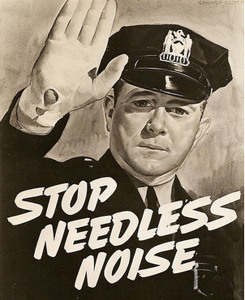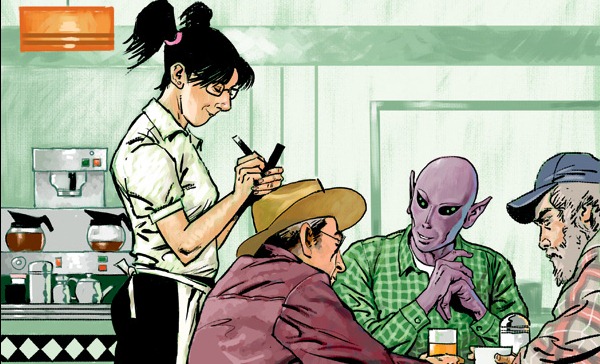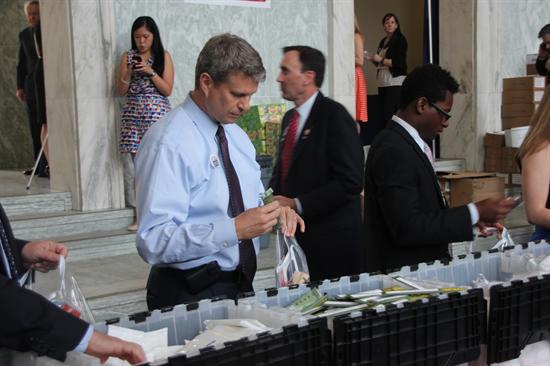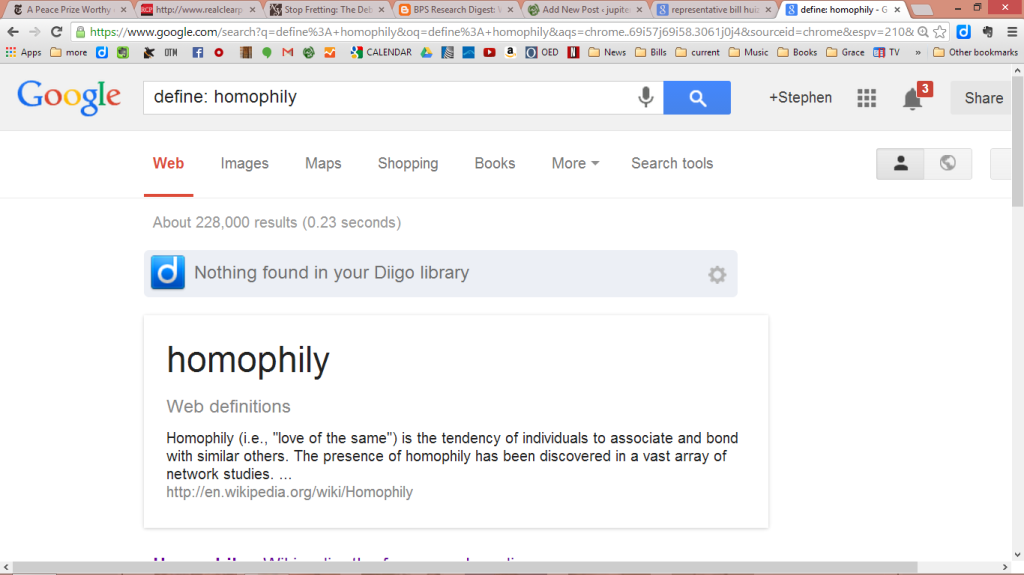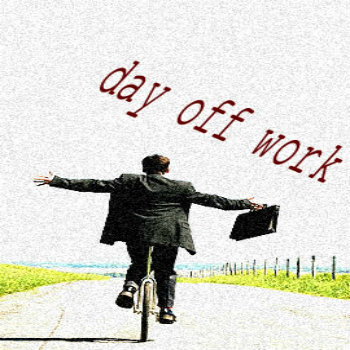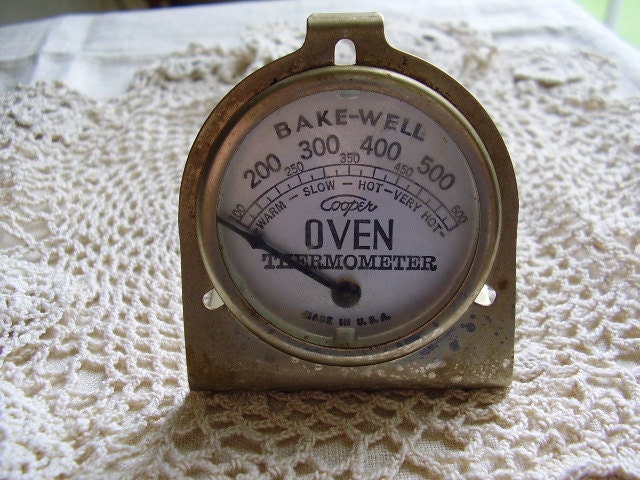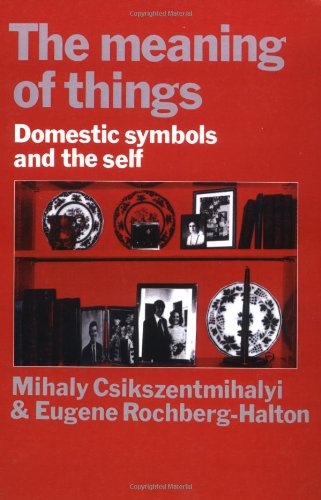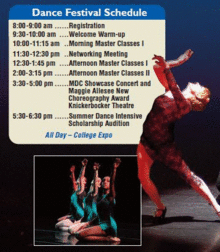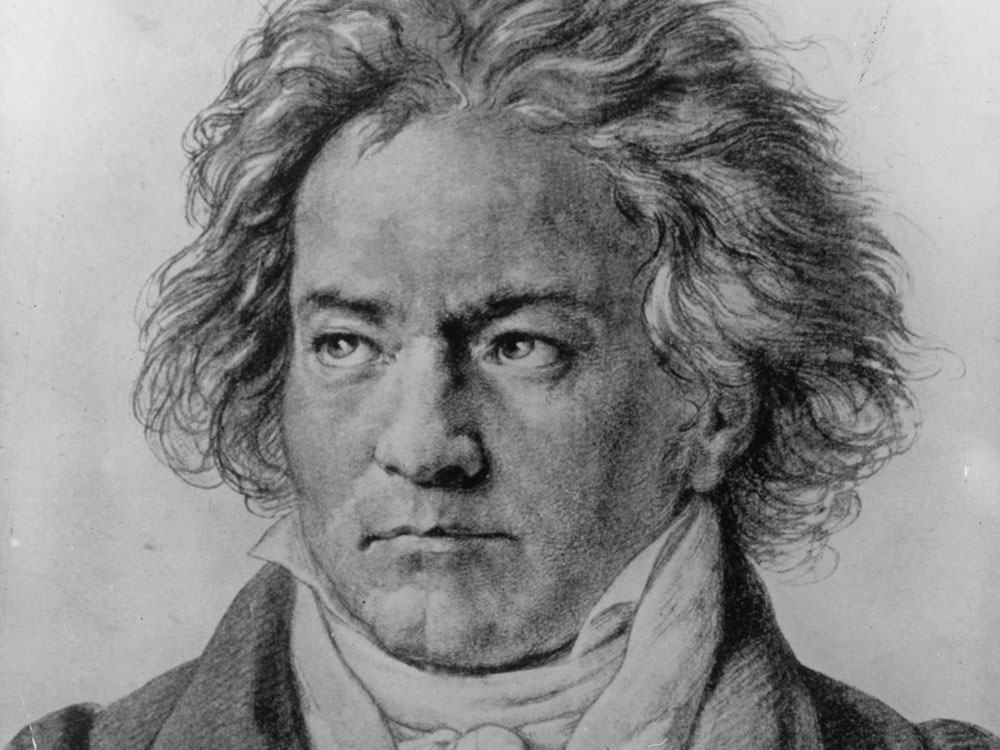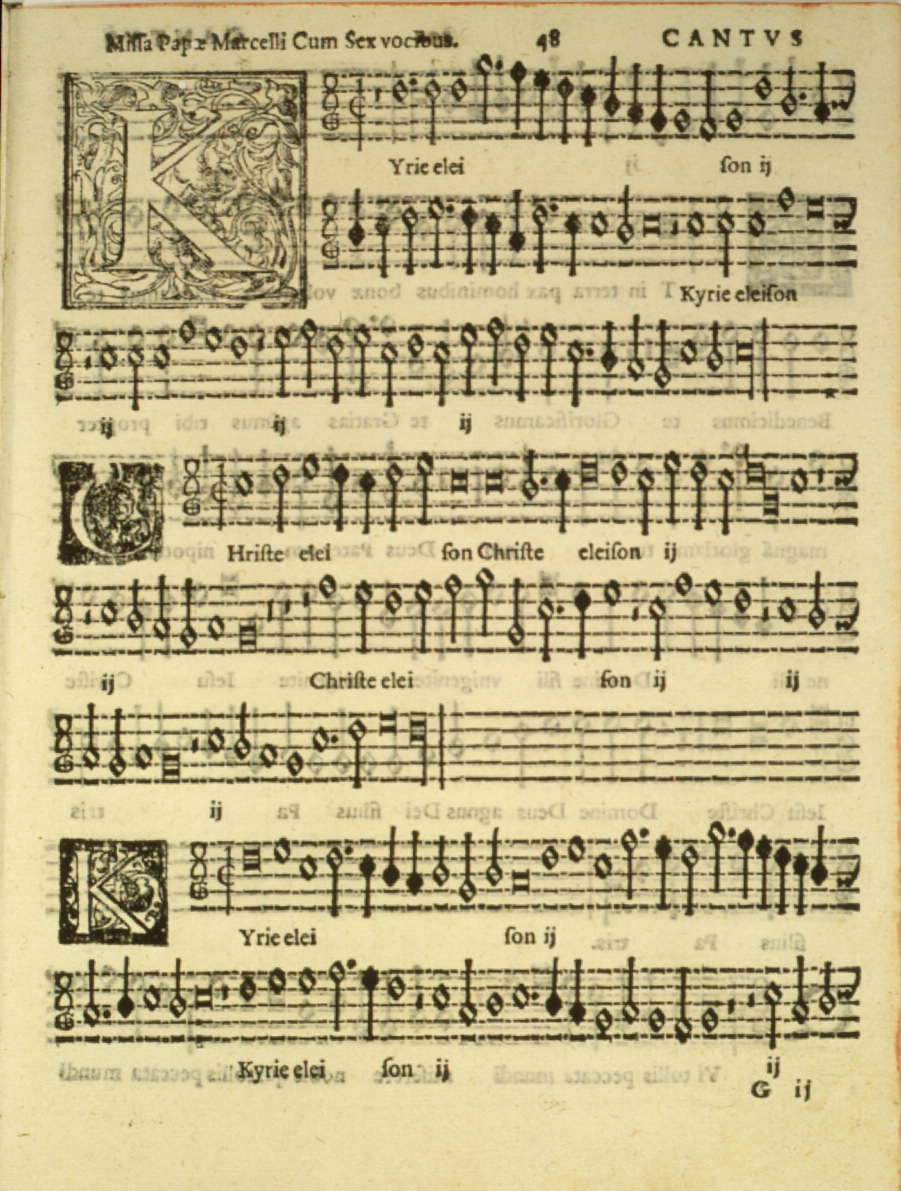
Spent the morning yesterday sitting next to my Mom in her hospital room in the back of the ER. Got a call from her nursing home that she was slurring her words and very weak. They were concerned enough to send her to the ER. They drew blood and quickly determined that her potassium was way too high and began medicating that. Also they found a sinus infection. She seems to be doing pretty well. I will bop over to her nursing home room and get her hearing aids, glasses and a book for her after my first ballet class this morning.

Recently discovered that the music publisher Boosey and Hawkes has set up an online site where you can view the full score of over 800 compositions. You have to register, but it’s free. Very cool.

Arcade Fire has a new CD out. It’s on Spotify. I have been listening to it. So far it seems uneven at least in the tunes that attract me. I’m making a play list of the ones I like. I figure if I can I will buy mp3s of them.

I have discovered that listening to old albums that I have owned and love that I miss going through the tunes in the order on the albums. This has led me to make playlists of the albums so that the tunes will proceed in the logical original order.
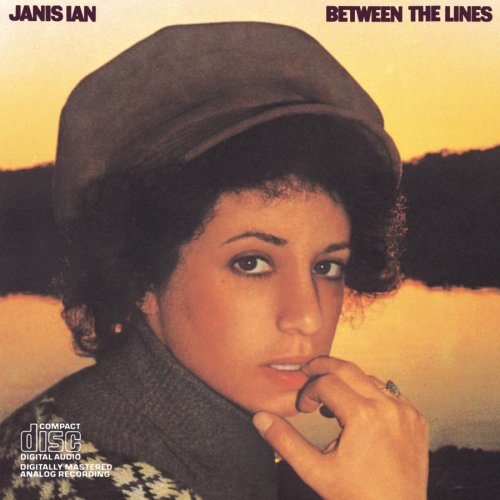
These days it doesn’t seem that the order of tunes is that important in pop music albums. But maybe I’m just old and nostalgic for the old albums.

Confronting the Legacies of Slavery – NYTimes.com
Reparations is always tricky. But in an age where all ethics and morals are reduced to economic terms, they are important and probably necessary.
Report: Millions will lose health plans as ObamaCare takes hold – The Hill’s Healthwatch
Health Policies Canceled in Latest Hurdle for Obamacare – Bloomberg
I was puzzled by this story until I started poking around and reading actual journalism about it. I still have questions about why some people are losing healthcare due to the requirements of the new law. But it’s difficult to determine since the reporting is so slanted and dishonest buy diazepam 2mg tablets (mostly from the right but the media is taking up that mantra in general as far as I can see). You’d never know that many if not most of those losing care are losing it because it’s inferior and doesn’t make the new standards.
Is Pre-K the Answer for Child Literacy? – NYTimes.com
Recent letter in the NYT was very inspiring to me. Here’s the entire thing.
To the Editor:
Although longtime advocates of the importance of literature for children were heartened by the results of the recent study described in your article, once again it is a case of too little too late. While pre-K is crucial to the literacy of children, especially those from low-income families, far more vital is the children’s room of the local public library.
Most public libraries, many right in the neighborhood and easily accessible, offer programs to children as young as a few months old. These programs provide modeling and encouragement to parents and caregivers to put down their electronic devices, pick up a book, sing a song, play a game and engage in language-based activities that not only provide an introduction to words in beautifully ordered patterns but also give families something to talk about of value and substance.
These programs, and the materials available to support them, build habits crucial to long-term connections to language-based learning. For parents with literacy deficits of their own, the library is the place to house initiatives that boost skill level and confidence.
These programs will help those who care for children discover the satisfaction and solace of a good book and ignite in them the desire to share them with their babies as they grow.
Language is the very root of what it means to be human. It’s the foundation our democracy stands on. And the time to begin acquiring it in a meaningful way begins at birth and is nurtured at the library.
AMY COHN Marblehead, Mass., Oct. 22, 2013
The writer teaches children’s literature at the college level and has worked as a children’s book editor.

A little feminist history lesson. Very cool. According to the link, Malala was named after Malalai of Maiwand.









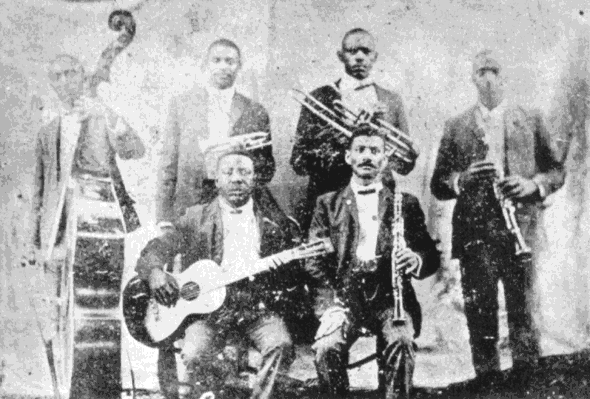




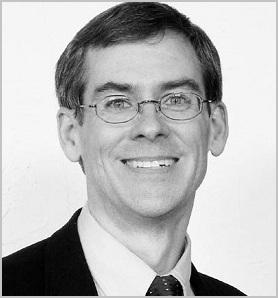


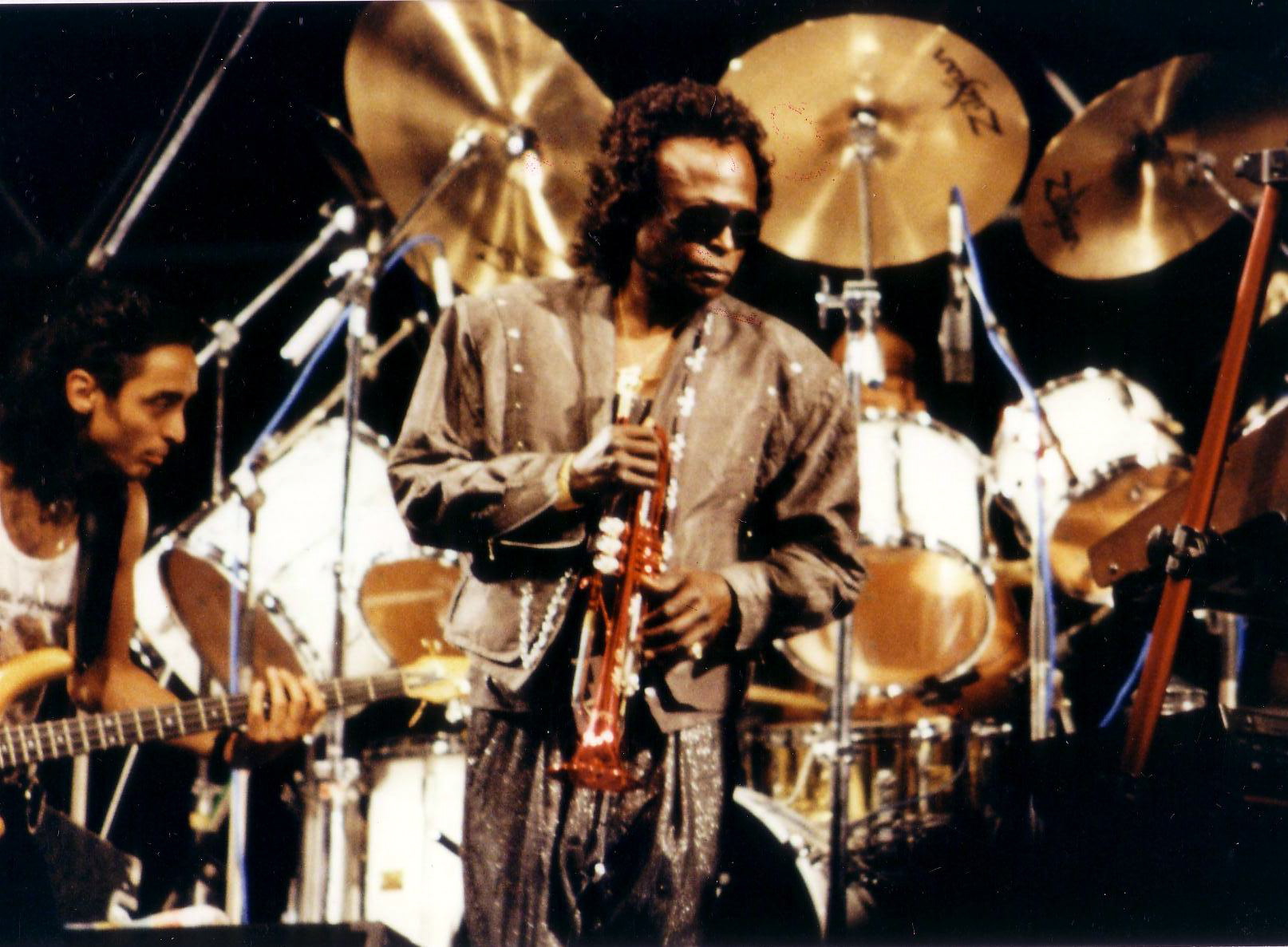




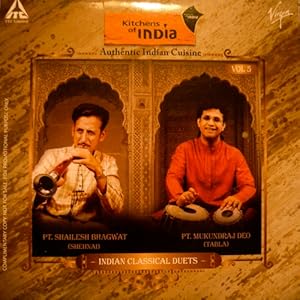




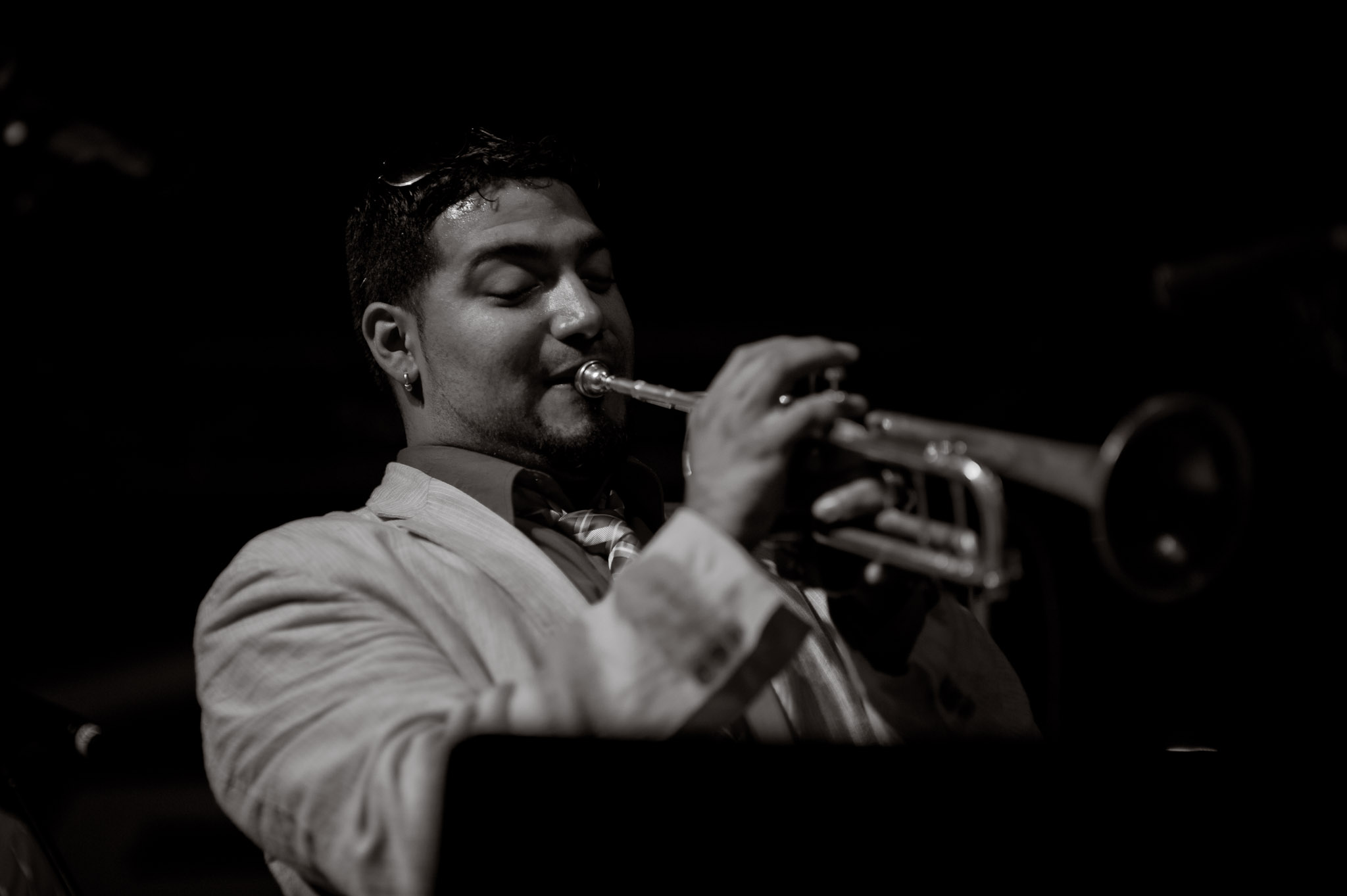









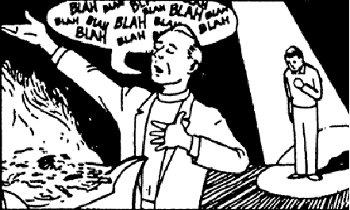
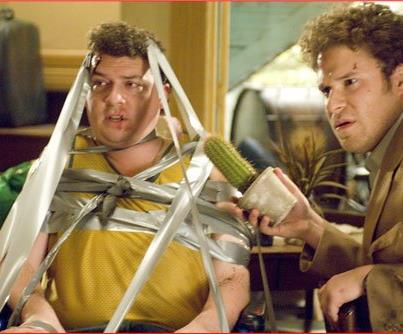

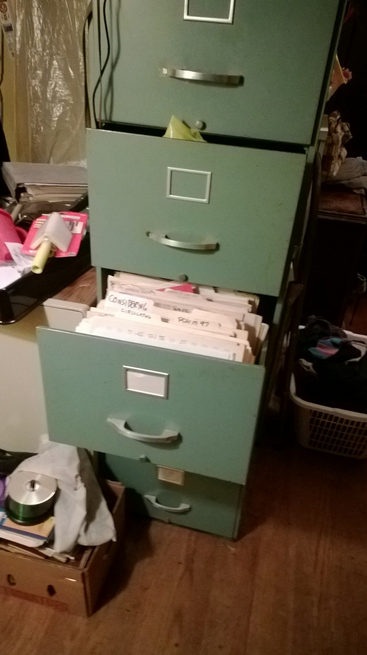
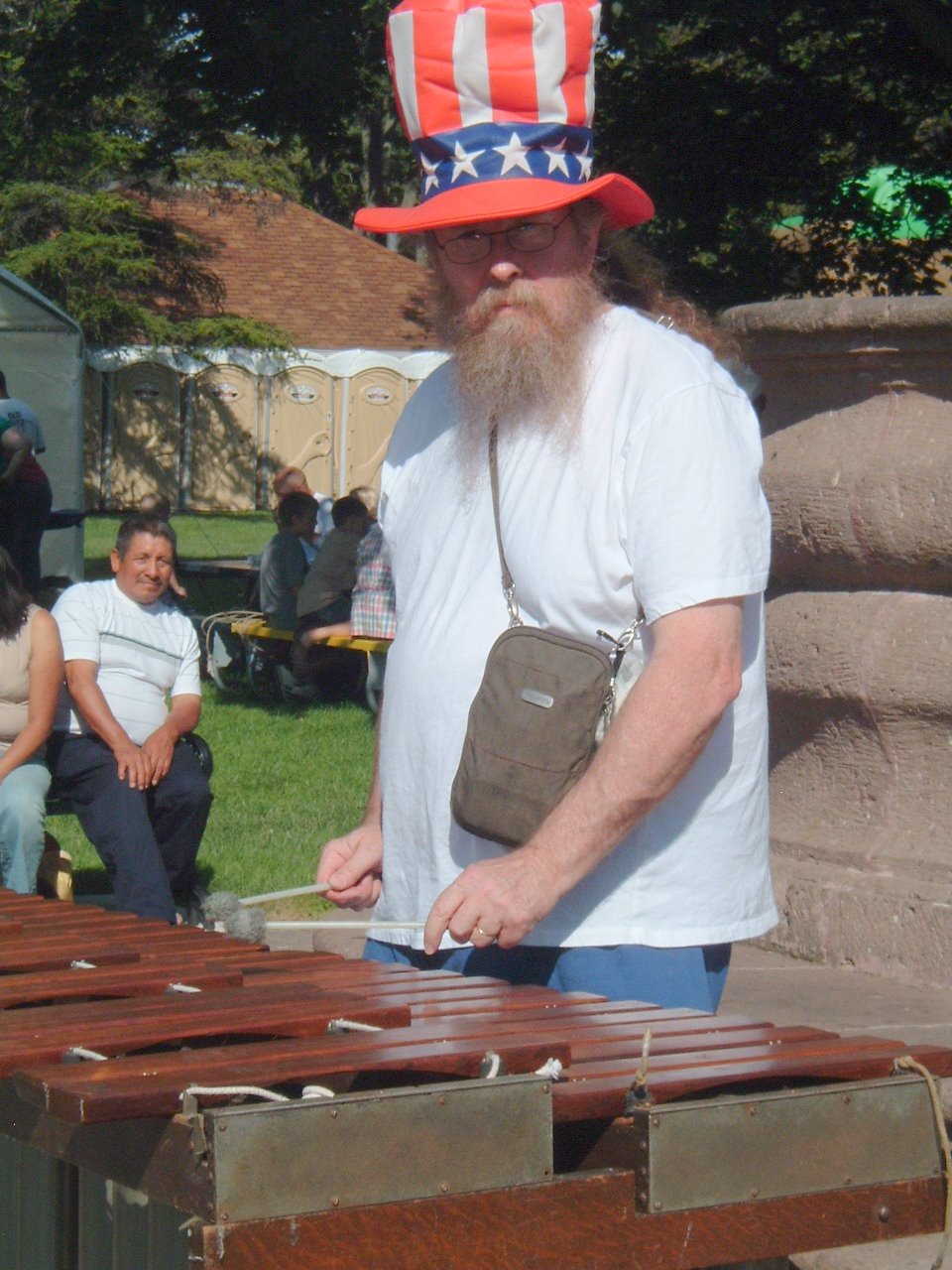
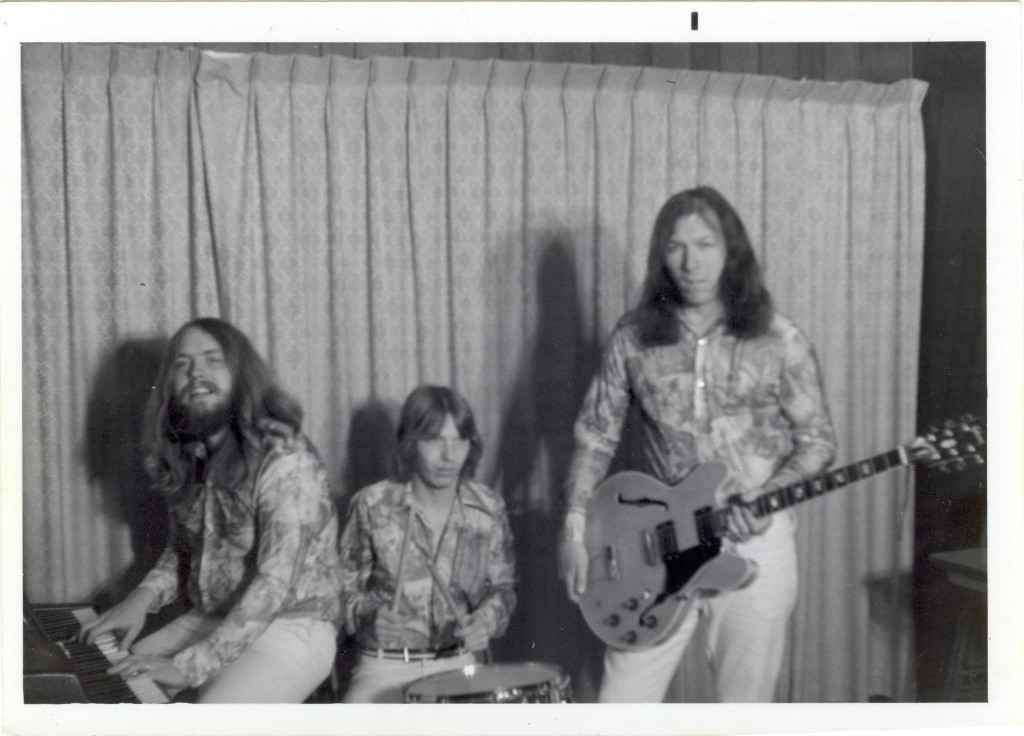
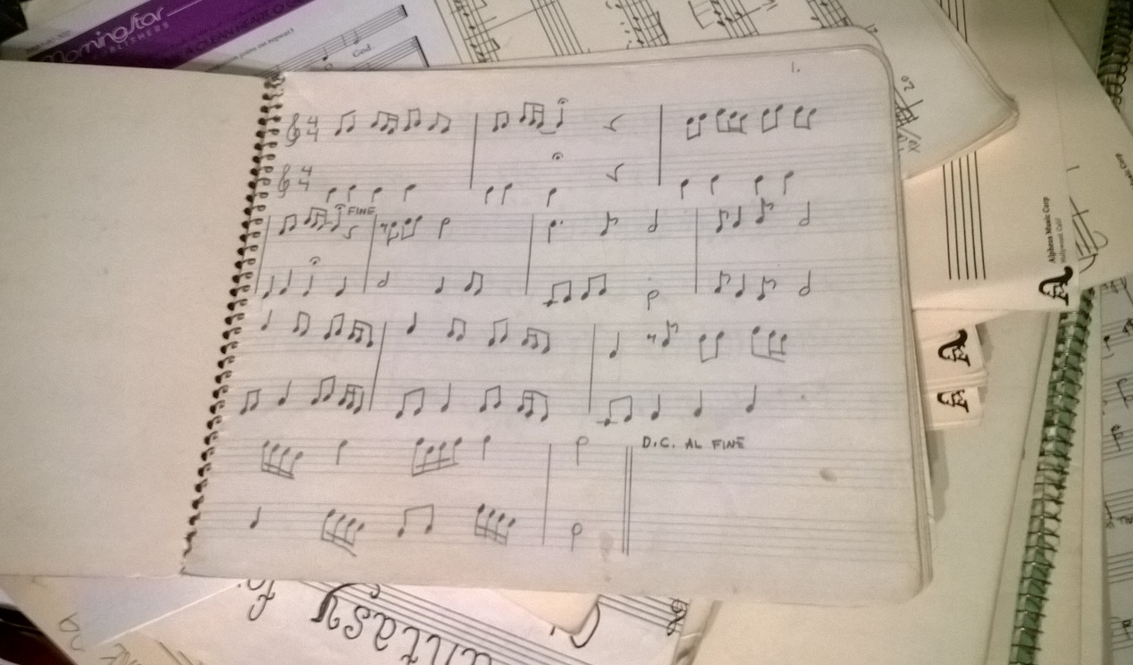
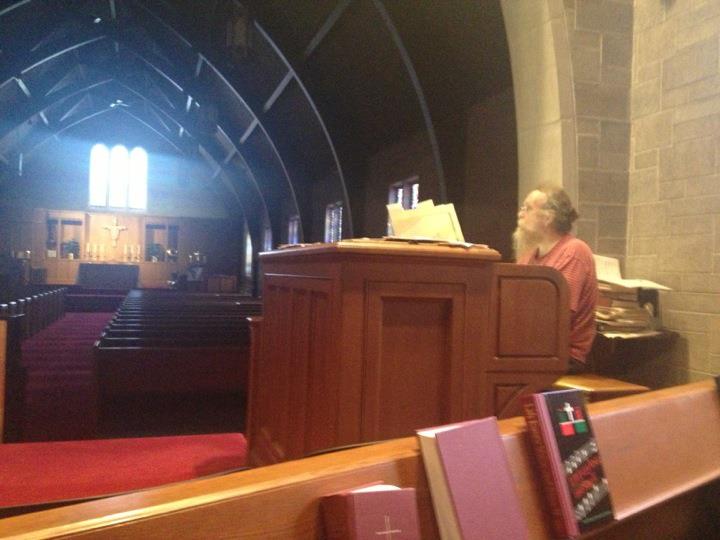
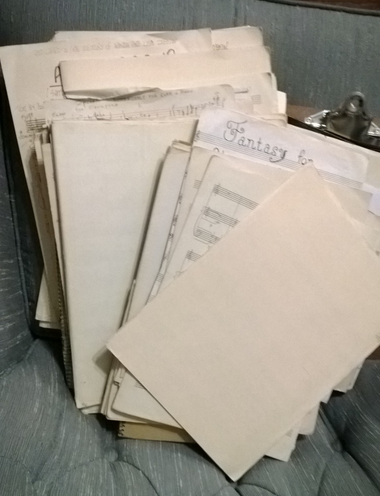
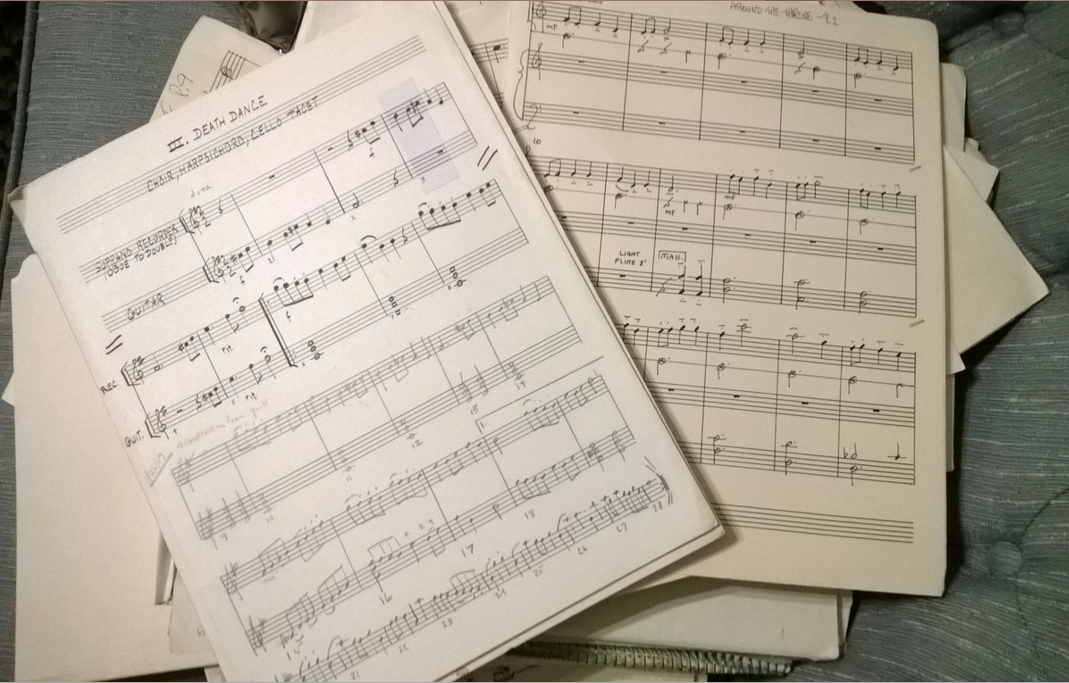


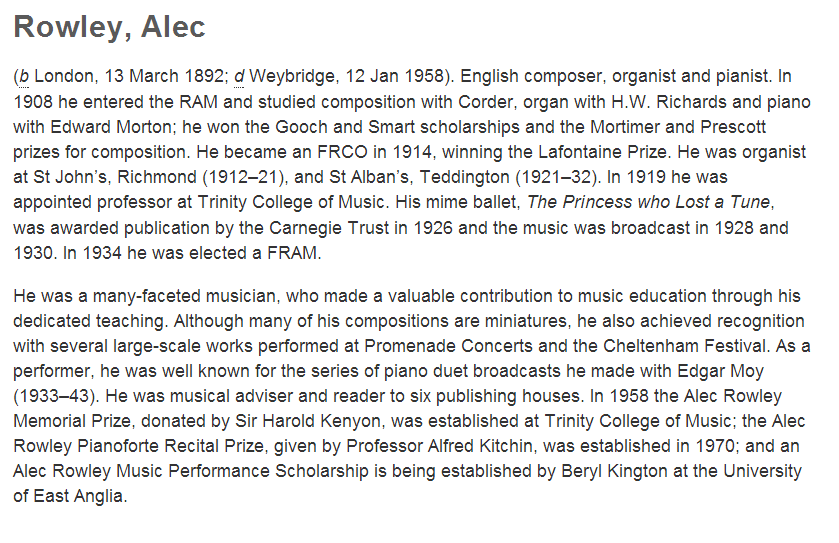
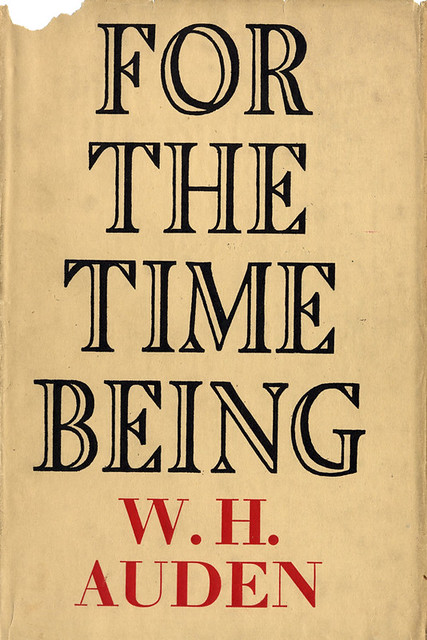
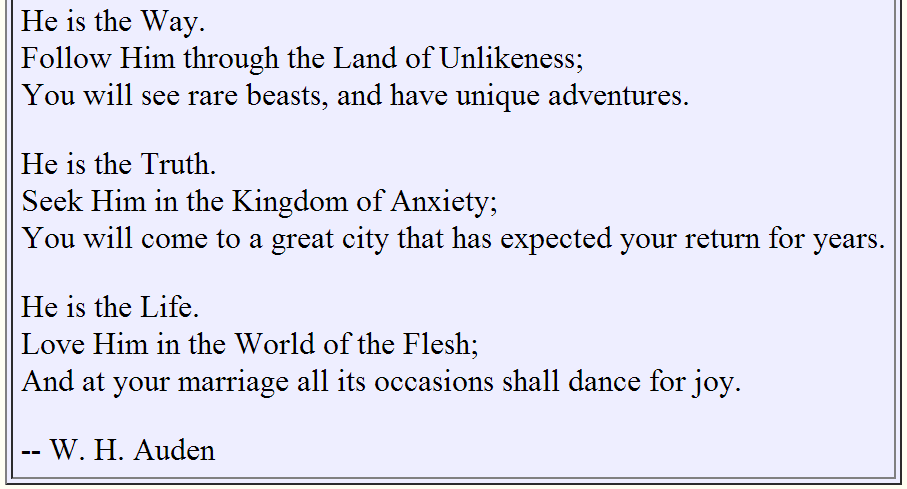


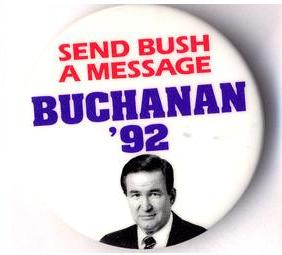



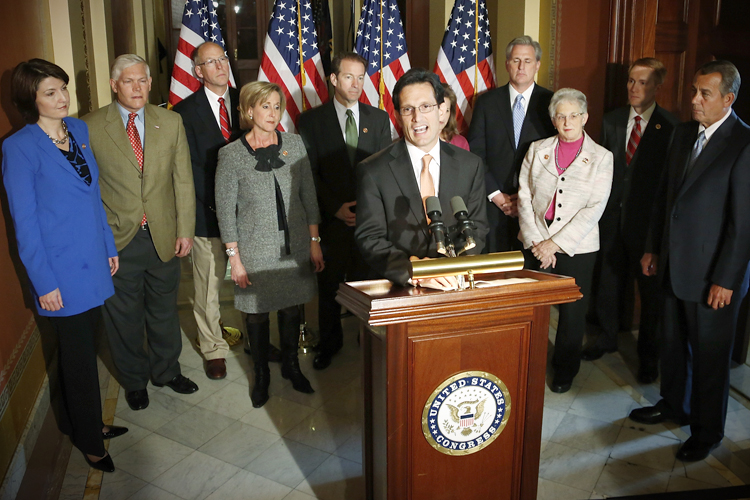
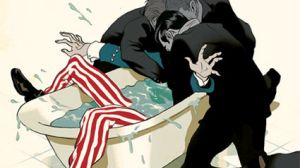



.jpg)


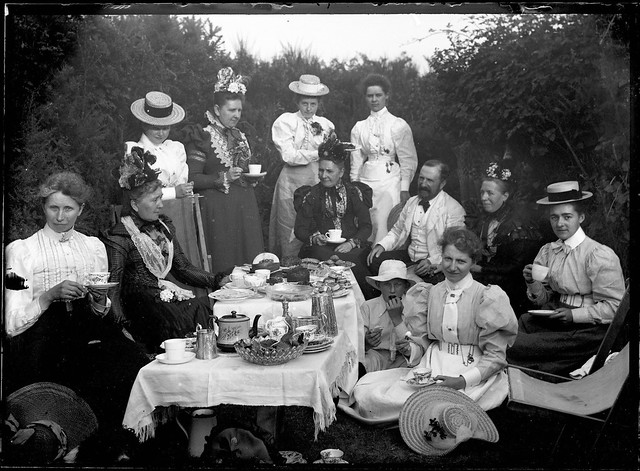




-Step-2.jpg/550px-Make-Money-Busking-(Street-Performing)-Step-2.jpg)





